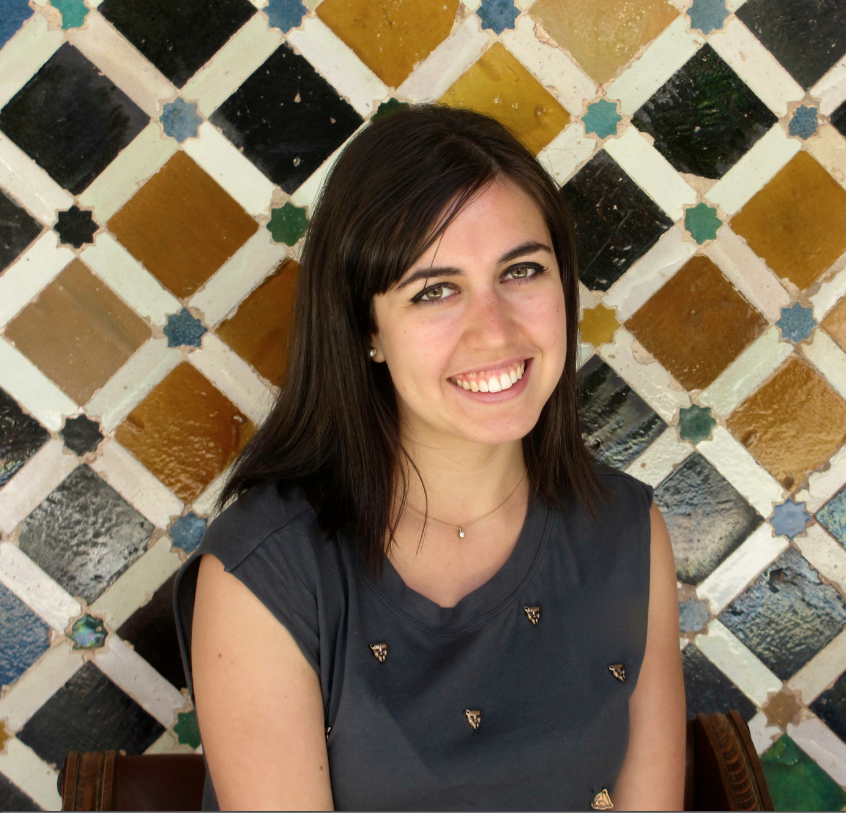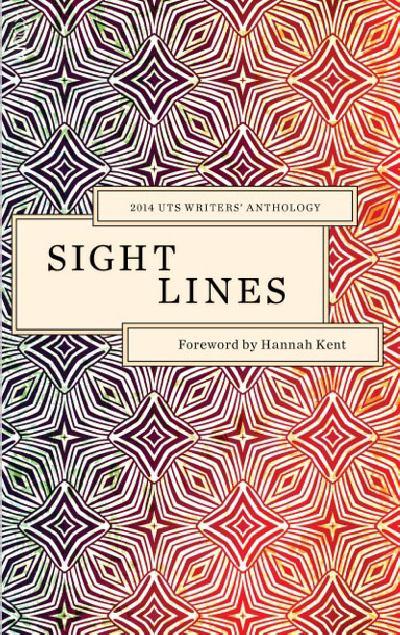 Following on from the Emerging Writers’ Festival, we’re interviewing Louise Jaques. Louise has won several awards for her poetry and also writes poetry reviews for the NSW Writers’ Centre.
Following on from the Emerging Writers’ Festival, we’re interviewing Louise Jaques. Louise has won several awards for her poetry and also writes poetry reviews for the NSW Writers’ Centre.
Louise Jaques is an emerging poet. In 2009, she was named one of The Sydney Morning Herald Young Writer of the Year finalists, and remained active in the creative writing scene during her years at the University of Technology, Sydney. She won the Sun-Herald’s Competition on Australian Literature in 2012, has been published multiple times in Vertigo, and placed third and equal first respectively in two Wordstock events, UTS’s annual spoken word event.
Earlier this year, Louise was published in the 28th UTS Writers’ Anthology, Sight Lines, and read her poem at the Sydney Writers’ Festival Launch. She has just received the fabulous news that she will be on the editing team for next year’s anthology.
Interview
What inspires you to write poetry over prose?
Poetry is an excellent remedy for the easily distracted writer. I admire the dedication and thoroughness it takes to write prose, especially novels, and though I hope to write my own someday, right now poetry suits my sensibilities.
What I love about poetry is it’s ephemeral nature – it’s a snapshot in time, and you can be as playful or as structured with your language as you like. Young Australian poetry is so exciting right now, and I love seeing how people are experimenting with form.
Do you remember a turning point when you could see your voice as a writer becoming stronger?
As I writer, I think it is so important that you feel brave about the work that you’ve written, and take the time to appreciate that it is good, and worthy. In 2011, I placed 3rd in a university slam poetry competition, which at the time, absolutely bowled me over. I thought I was, at best, an average writer with lofty expectations. But that one minor victory felt huge, and allowed me the validation to have faith in my voice, and to know that I had something worth saying.
Where would you see yourself, creatively, in the next five years?
I am working towards an ultimate goal of compiling a collection of poetry and having it published, and I would like to more thoroughly investigate the process of self-publication. However, I’m still young and learning, and understand that my style is drastically changing all the time as I discover new forms. In the immediate future, I’d like to compete in more spoken word events.
Which writers have influenced your work?
There are several works, both poetry and prose, that I keep close to my heart and laptop when I write. One of the best ways to get yourself in a creative mood is to read a page or two of something that inspires you.
Allen Ginsburg’s Howl was a major turning point for me. The colour and the ferociousness in that work continues to dazzle me years after first reading it. Other books that I keep close by are a battered copy of collected Romantic poets (John Keats just kills me), Virgina Woolf’s The Waves, and Gabriel García Márquez’s One Hundred Years of Solitude. More recently I’m loving Derek Walcott, Maria Takolander, and Michael Farrell.
More than any other generation, people under 30 are growing up with and experiencing an increase in connectivity and online communication. We’re seeing new forms of collaborative storytelling that reflect this, such as what will be showcased at the Digital Writers’ Festival in February 2015. Do you find it helps to be so connected to the world when you’re focusing on your own writing, or do you need to shut everything down for a while to concentrate?
Admittedly, I have never tried actually writing collaboratively, but would certainly give it a go! As for being connected, I’m all for having the Internet on when writing. For example, I’ll often have open a colour dictionary (the kinds that can be found on paint websites) to inspire me to describe unusual colours. And of course, when used sparingly, your thesaurus is your best friend.
We realise you’re at the start of your career! But what advice do you have for other young writers, from what you’ve learnt so far?
Earlier this year, I was fortunate enough to have the late poet Dr. Martin Harrison give our class this solid, too-oft forgotten piece of advice: if you don’t know why you’re doing it, then don’t do it. This applies structurally and symbolically in the poetic process. If you don’t know why you’re inserting that random line break, then you’d better not do it. If you don’t know why you’re writing poetry, or why poetry is beautiful, then you’d better not do it.
 Excerpt from ‘Synaesthesia’ published in the 2014 UTS Writers’ Anthology, Sight Lines
Excerpt from ‘Synaesthesia’ published in the 2014 UTS Writers’ Anthology, Sight Lines
you see i’ve seen The Seeker and what they seek
is me. but i am bejewelled, slightly mossy;
i wear a diaphanous dress of pale silver, and
sway like a rusted gate in the wind
in some abandoned, some crapped-out place,
some crushed eucalypt town, littered with disused
locomotives
where we try to grow wings from planting feathers,
where intellects are kicked in the teeth by misguided
apathy,
where skeletons grow thinner. there’s a ramshackle house
with aromas of old dinners and your mother’s lemony
hair,
the vestige of her adagio walk, and caking, curling
wallpaper.
was it starlight or spilt milk?
